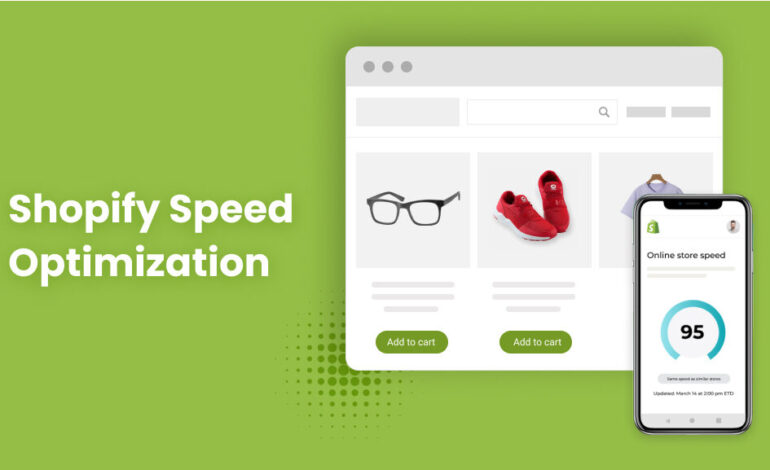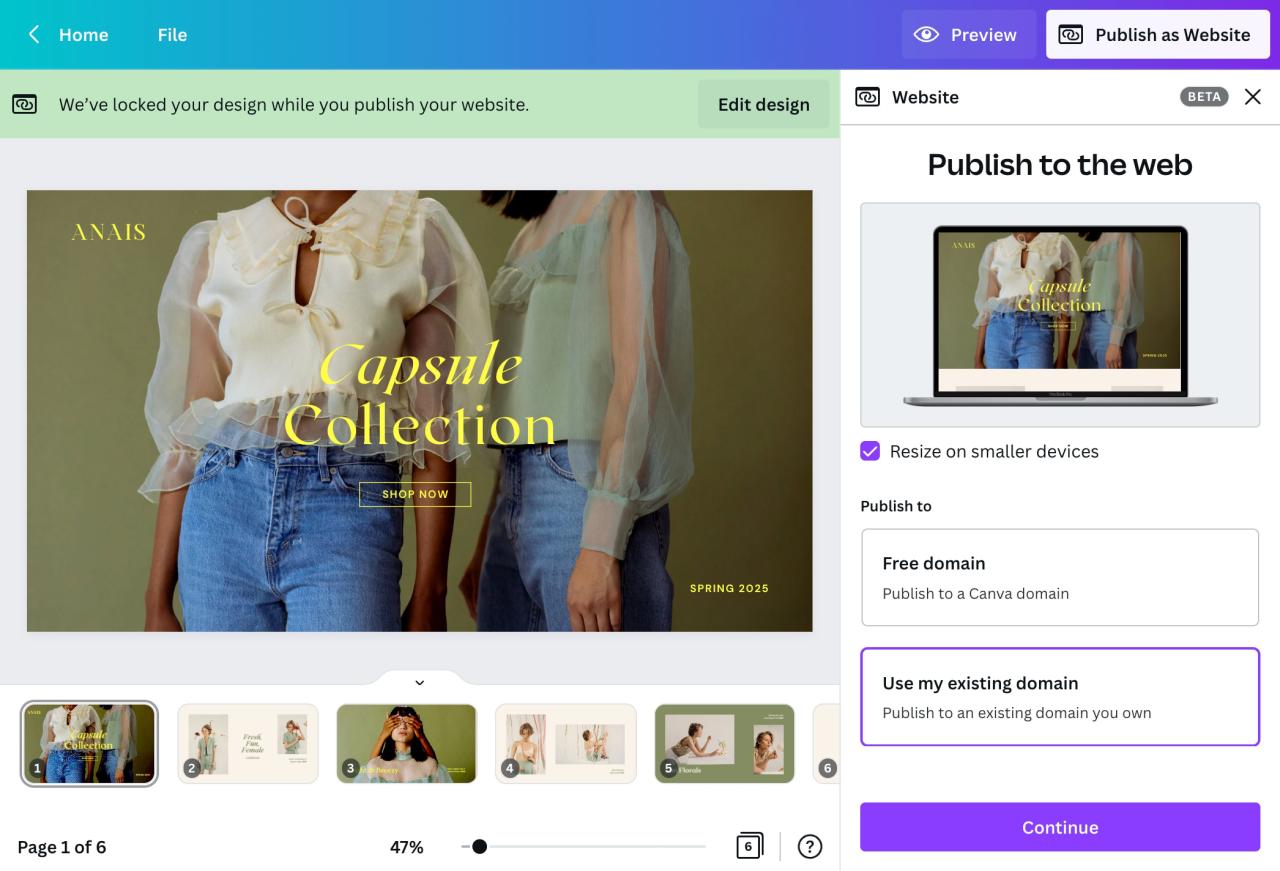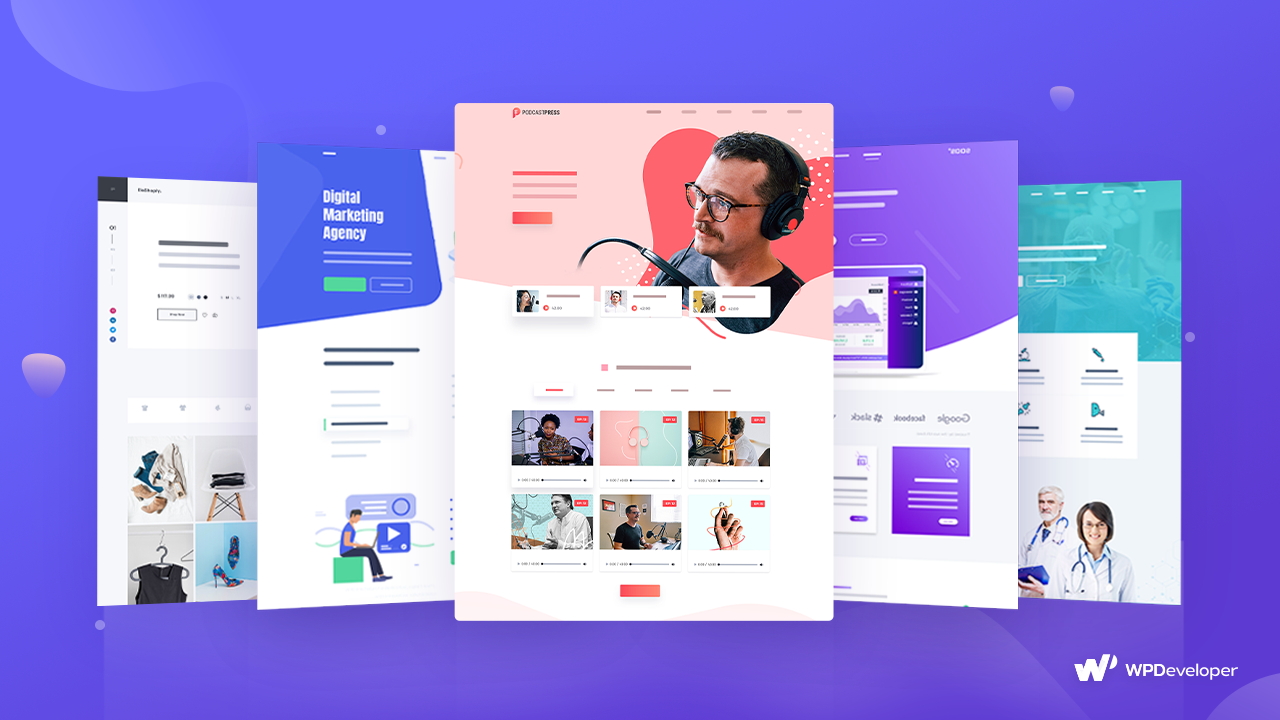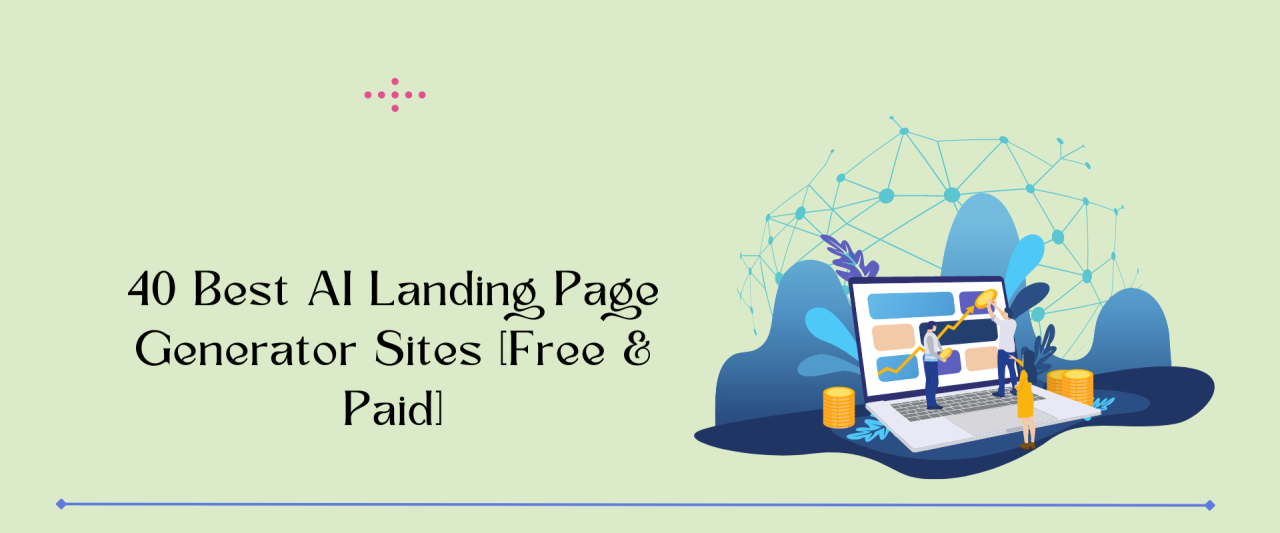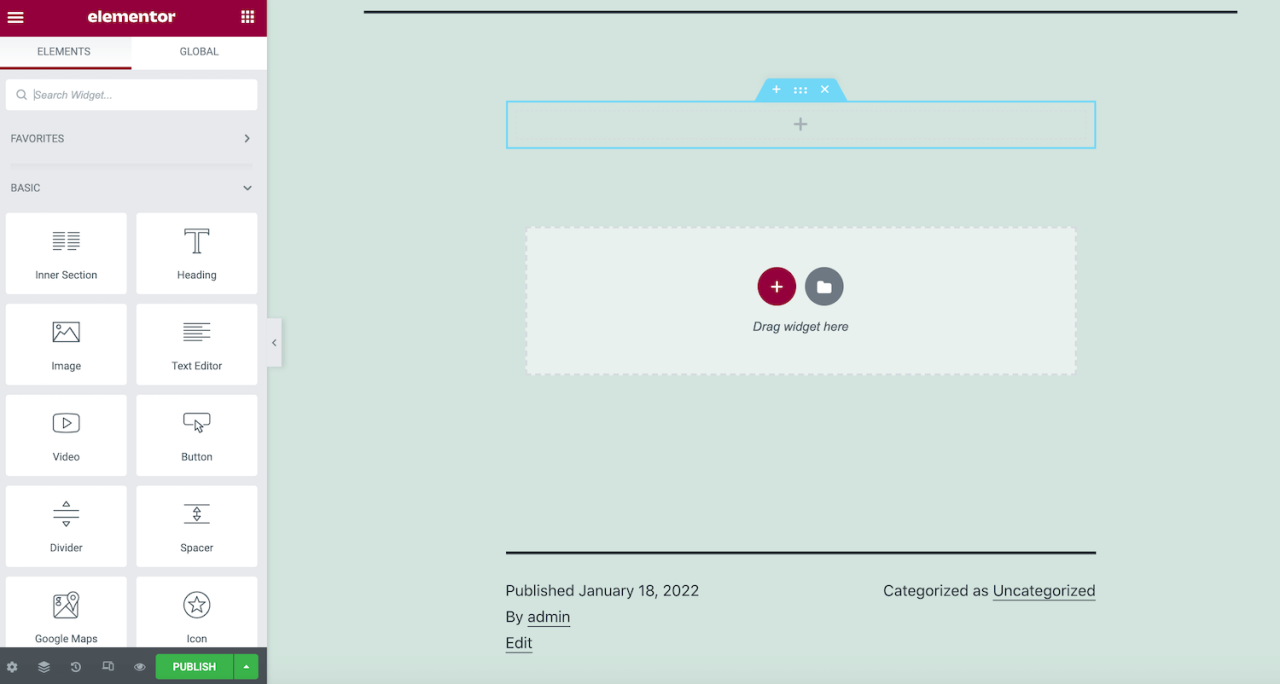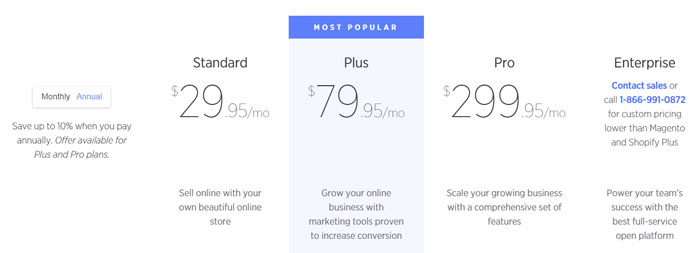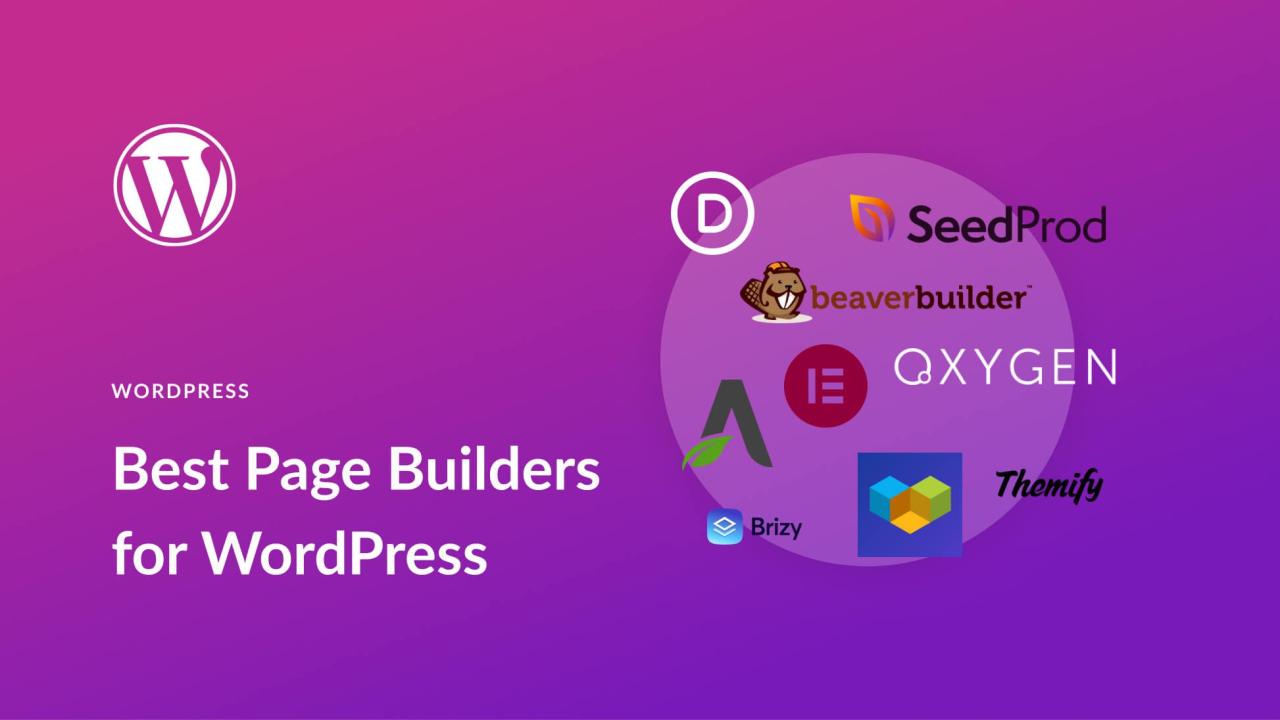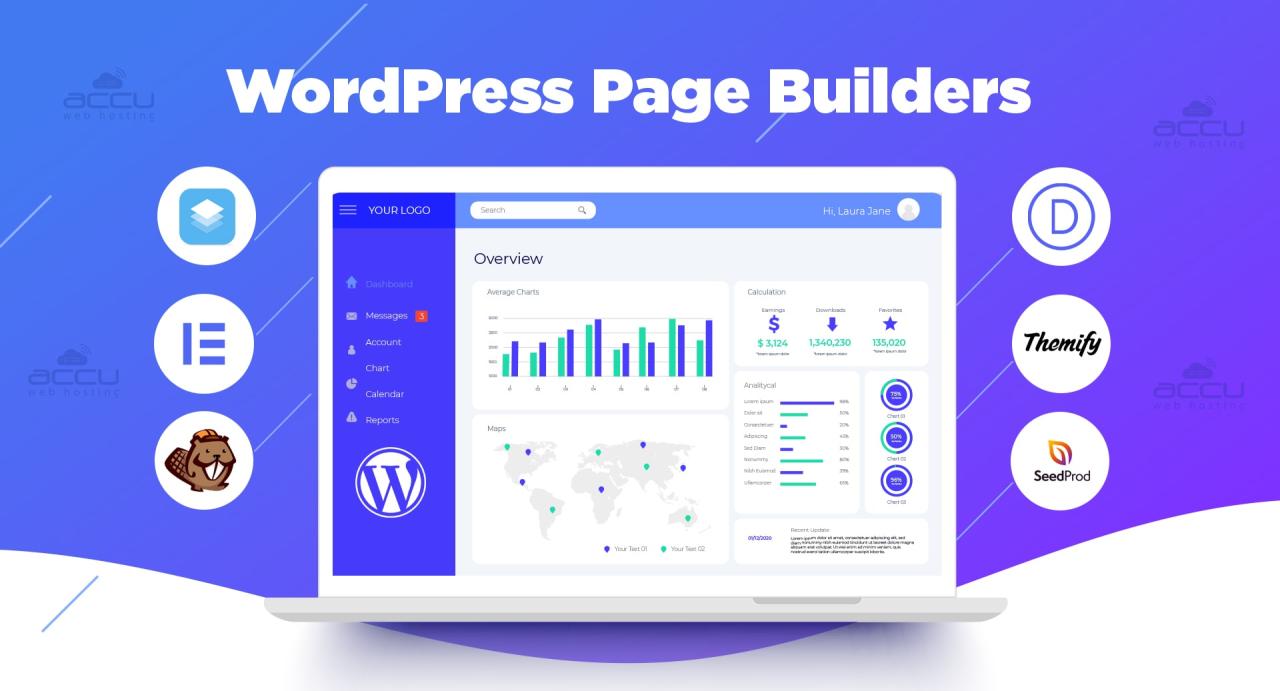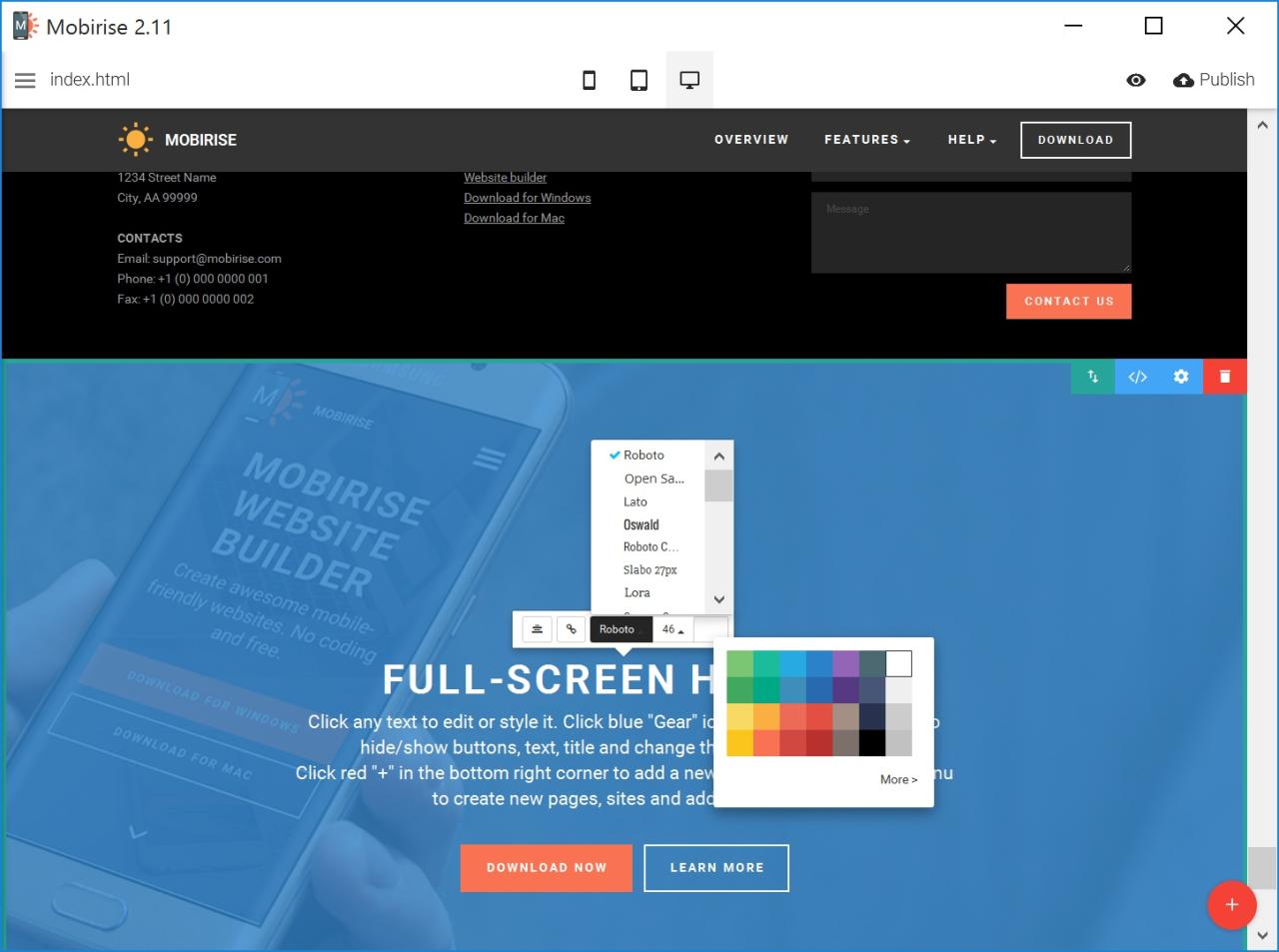Best Web Site Builder Create Your Dream Site Now
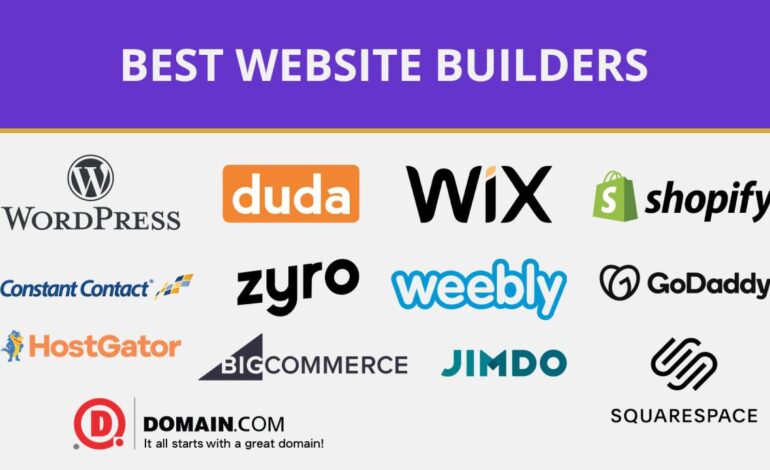
Dreaming of having your own corner of the internet but feeling overwhelmed by code? You’re not alone. The digital world demands a web presence, and that can seem daunting. Fortunately, website builders have democratized the process, empowering individuals and small businesses to create stunning, functional websites without needing a degree in computer science.
A website builder is essentially your digital construction kit, offering intuitive drag-and-drop interfaces, pre-designed templates, and integrated tools that simplify everything from adding content to optimizing for search engines. This article delves into the world of website builders, exploring the diverse options available, evaluating their strengths and weaknesses, and ultimately helping you choose the right platform to bring your online vision to life.
We’ll cut through the jargon and provide practical advice, ensuring you can confidently navigate the landscape and build a website you can be proud of, no coding required!
Choosing the Right Website Builder: A Friendly Guide
So, you’re looking to build a website? Fantastic! In today’s digital world, a website is more than just an online brochure; it’s your storefront, your calling card, your 24/7 representative.
The good news is you don’t need to be a coding whiz to make it happen. Website builders have revolutionized the process, making it accessible to everyone, regardless of technical skill. Let’s explore how to pick the best one.
But with so many options out there, navigating the world of website builders can feel a bit overwhelming. That’s where this guide comes in. We’ll break down the key factors, helping you find the perfect fit for your needs and aspirations.
From drag-and-drop interfaces to specialized features, we will delve into everything you need to know to create an amazing web presence with minimal complications. So let’s dive in!
Understanding Your Needs: The Foundation for Success
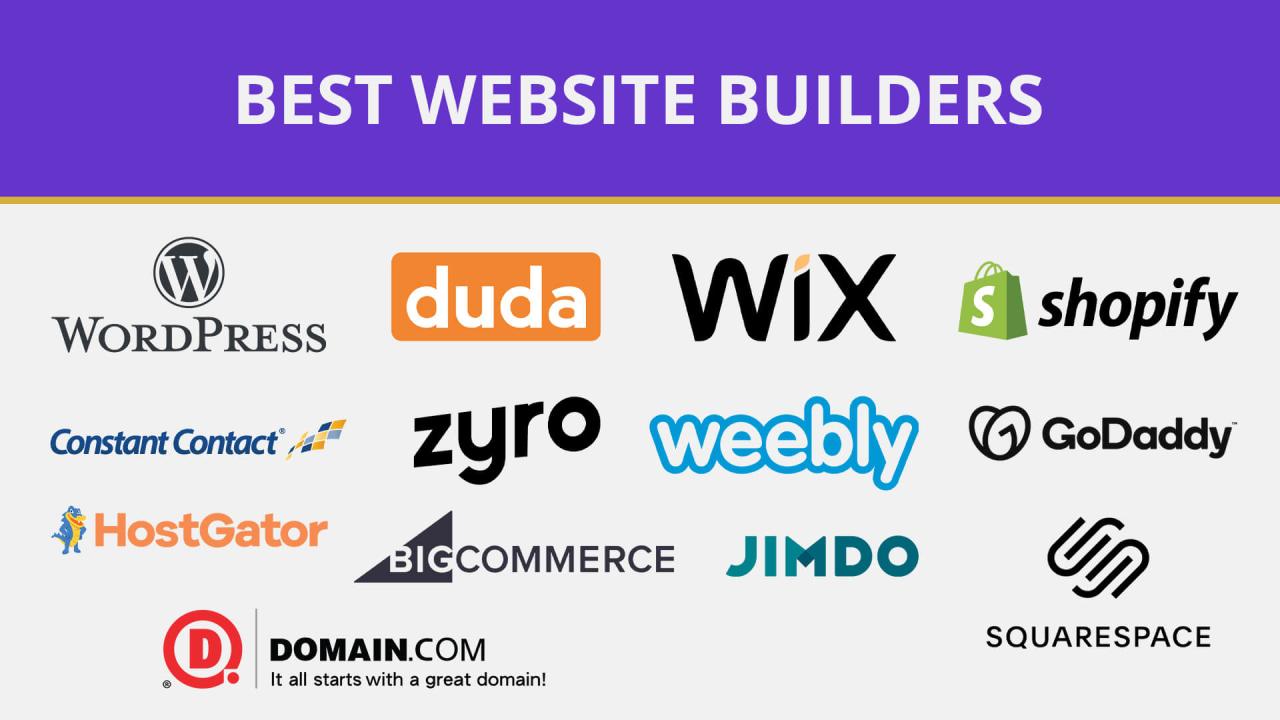
Before you even glance at a single platform, take a moment to reflect on what you need your website to do. This is the cornerstone of your decision.
Are you starting a small blog? Showcasing your photography? Selling handmade jewelry? Each of these scenarios requires different functionalities.
Consider the essential elements. Do you require an e-commerce platform with secure payment gateways? Or is a simple contact form and image gallery sufficient?
By clearly defining your goals, you’ll significantly narrow down the options and avoid getting caught up in unnecessary features. Think it through and document the vital aspects.
Key Features to Look For in a Website Builder
Okay, you’ve identified your needs. Now, let’s talk about the features that truly separate the good website builders from the great. Think of these as your must-haves.
Ease of Use: A user-friendly interface is paramount, particularly if you’re a beginner. Drag-and-drop functionality can be a game-changer, allowing you to visually design your site.
Templates: A wide selection of professionally designed templates provides a solid starting point. Look for options that are both visually appealing and adaptable to your brand.
SEO Tools: Search engine optimization (SEO) is crucial for attracting visitors. Ensure the builder offers tools to optimize your content and meta descriptions.
Mobile Responsiveness: In today’s mobile-first world, your website must look great on all devices. Choose a builder that automatically creates responsive designs.
Customer Support: Eventually, you’ll likely need assistance. Check the availability and quality of customer support, whether through live chat, email, or a comprehensive knowledge base.
Popular Website Builders: A Quick Overview
Let’s explore some well-regarded choices. Each has its strengths and weaknesses. Evaluating your personal needs against their attributes will lead to a well-informed decision.
Squarespace: Known for its sleek templates and user-friendly interface, Squarespace is a solid choice for portfolios and visual-heavy websites. Consider their monthly fees and available integrations.
Wix: Wix offers incredible flexibility with its drag-and-drop editor and a vast app market. However, that freedom can sometimes lead to design inconsistencies if you’re not careful.
Weebly: Weebly stands out for its simplicity and affordability, making it great for smaller projects or businesses on a budget. They lack some advanced features available on other platforms.
WordPress.com: This is a hosted version of WordPress. It’s easier than WordPress.org but gives you less control. It’s a good choice for bloggers and small businesses.
Shopify: Designed specifically for e-commerce, Shopify provides all the tools you need to run an online store, from product listings to payment processing. Expect subscription fees and transaction costs.
Pricing and Plans: Understanding the Costs Involved
Website builders typically operate on a subscription basis, with various plans offering different features and limitations. Let’s see what you need to keep in mind when looking at price points.
Pay close attention to the fine print. Some plans may restrict storage space, bandwidth, or the number of pages you can create. Check the contract terms before subscribing to the service.
Consider the long-term costs. While a basic plan may seem appealing initially, you might need to upgrade as your website grows or as you seek access to particular plugins or integrations.
Don’t forget to factor in additional expenses, such as domain registration, custom email addresses, and premium themes or apps. Make sure your budget accurately forecasts expenses.
Some builders offer free plans, but these often come with limitations, like forced advertisements or a subdomain instead of a custom domain. Evaluate whether these limitations are acceptable for your needs.
